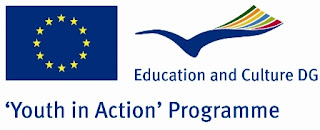Croatia is the first Western Balkans country to join the European Union. Its accession on 1 July 2013 is the result of a decade-long negotiation process. Since the formal application for EU membership in 2003, Croatia has invested considerable effort and fulfilled all the accession criteria needed to bring it into line with EU laws and standards. Tangible progress has been achieved in areas such us the rule of law, the fight against corruption, human rights and protection of minorities. This accession provides fresh evidence of the transformative power of EU enlargement policy: torn by conflict only two decades ago, the country is now a stable democracy, capable of taking on the obligations of EU membership and of adhering to EU standards.
Croatia will hold 12 seats in the European Parliament and 7 votes in the European Council.








